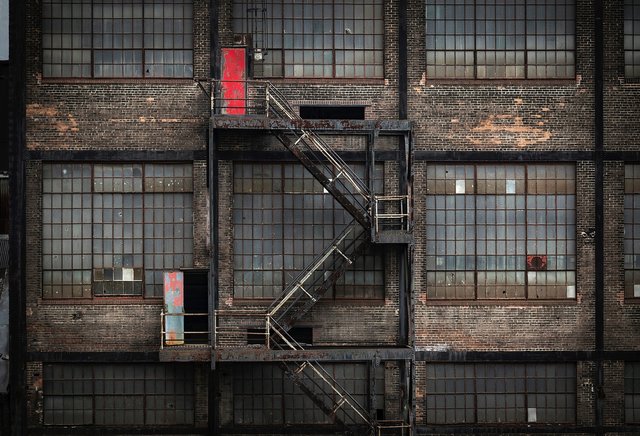How the Retail sector is bound to fail in Modern America

It's well known that retail stores are slowly but surely losing sales and profitability to online counterparts. Behemoths like Amazon continually draw shoppers away by providing just as much selection, but with the convenience of online shopping and quick delivery. Market share is quickly moving away from the brick and mortar space.
Macy's is testing shoe and makeup sections without customer service specialists. This action is a cost cutback, which reflects the desires of many shoppers who prefer a streamlined experience.
The internet has enabled people to create shopping lists, and see the products they want to purchase before going to the store in the first place. In many cases, interaction with store employees has become more of a hassle to customers who prefer to shop online, or get in and out of the store with what they need.
Americans in general are losing interest in going to the mall and shopping as an activity. Retail therapy can be much more easily attained from the comfort of one's own home.
Middle America is experiencing a large amount of mall shutdowns as a result of this sector losing money. Ironically, the Rust Belt is one of the few areas where people still actively go out and shop, as opposed to using online stores. However, retailers can no longer afford the expense of operating in rural areas with a lower population.
The retail sector is an effective way of illustrating the way wealth has primarily moved to the coasts of the United States. Privileges like widespread wifi access allow people in big cities to easily access online marketplaces like Amazon, but are distinctly lacking in Middle America. Brick and mortar retail options are becoming more and more limited by the day, especially in the Rust Belt.
These factors show the disparity between Middle Americans, and those on the coasts experiencing prosperity and growth. Innovation has been pushed out to primarily tech companies, and the manufacturing sector has suffered as a result.
Retail is left without a place in this modern economic environment. Middle Americans don't have the excess funds to spend on luxuries, and the Americans with wealth prefer not to shop in person at all.
It seems that in struggle for efficiency through global trade, America has left behind sectors that previously had provided wealth to the Middle class. The future of manufacturing remains uncertain with President Donald Trump in the White House. However, it is only a matter of time before brick and mortar retail has been reduced to a niche service for mostly luxury brands.